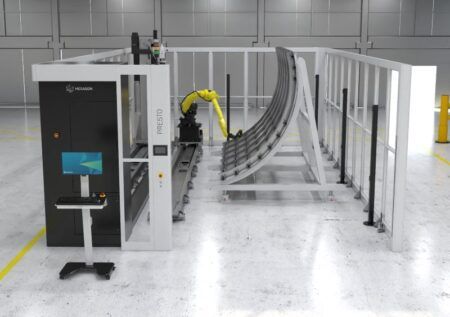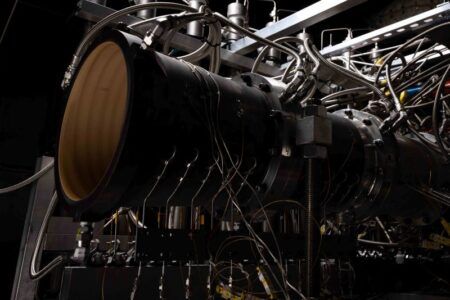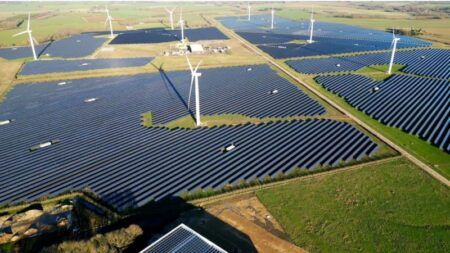Boeing and Embraer have unveiled the next phase of the Boeing ecoDemonstrator program, which expands Boeing and Embraer’s cooperation agreement and will test technologies to improve airplane environmental performance and accelerate their introduction into the marketplace.
An Embraer E170 will serve as the flying testbed and will feature advanced environmental technologies that will undergo operational testing in Brazil during August and September 2016.
“Collaborating with Boeing on the ecoDemonstrator program in the structuring and implementation of new technologies tests reinforces, once again, Embraer’s commitment toward a sustainable future,” said Mauro Kern, executive vice president of operations, Embraer.
“At the same time, as we integrate and test different technologies in a single aircraft, we contribute to the consolidation in Brazil of a powerful tool to support technological development and innovation – the technology demonstrator platform.”
“As industry leaders, we have a unique opportunity to invest in technologies that encourage our industry’s long-term, sustainable development, while supporting our customers’ environmental goals,” said Boeing chief technology officer John Tracy.
The ecoDemonstrator flights will test several technologies designed to reduce carbon emissions, fuel use and noise including lidar (light detection and ranging) technology using lasers to measure air data parameters such as true airspeed, angle of attack and outside air temperature. Lidar shows the potential to increase air data reliability by complementing current sensors, which could lead to further innovations that improve fuel efficiency and reduce carbon emissions.
Another technology tested will be ‘ice phobic’ paint designed to reduce icing and help prevent the accumulation of dirt and bugs because of its low adhesive property. The special paint can help operators save water by reducing the need for frequent aircraft washing.
A new wing design with improved slats will be trialled to reduce noise on take-off and approach, as well as special sensors and air visualization techniques near the wing surface to better understand in-flight aerodynamics. This analysis could lead to further innovations to improve fuel efficiency and reduce carbon emissions, such as new wing designs.
A Brazilian-produced biofuel blend of 10% bio and 90% fossil kerosenes is the maximum bio percentage permitted by international regulations. Studies have shown that sustainably produced aviation biofuel emits 50-80% fewer carbon emissions during its lifecycle than fossil jet fuel.
The ecoDemonstrator tests, according to Boeing and Embraer, show their continued investments to improve the fuel efficiency and environmental performance of aircraft and meet the new carbon emissions standard announced by the International Civil Aviation Organization (ICAO) earlier this year.
July 15, 2016




